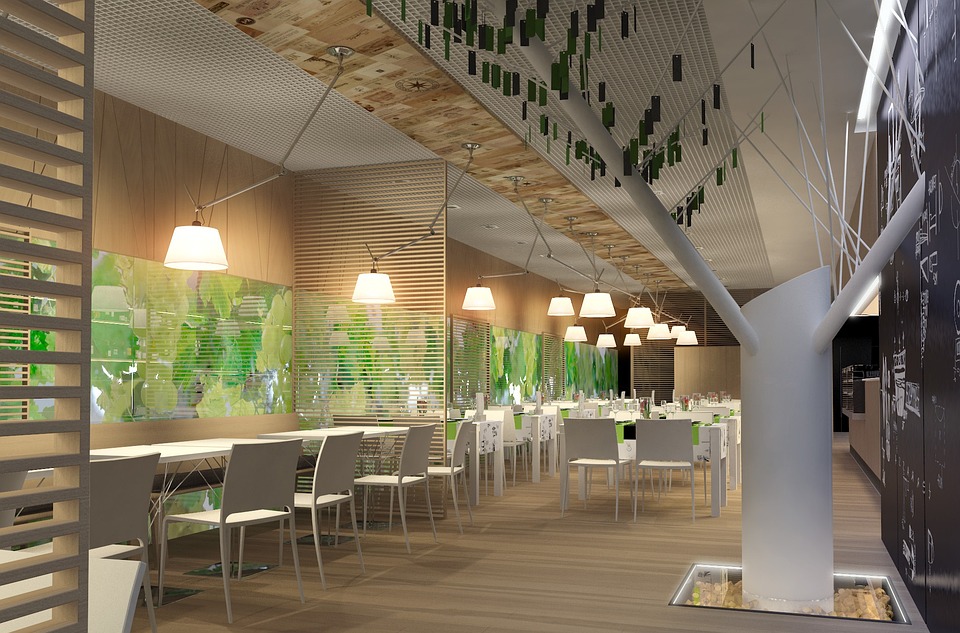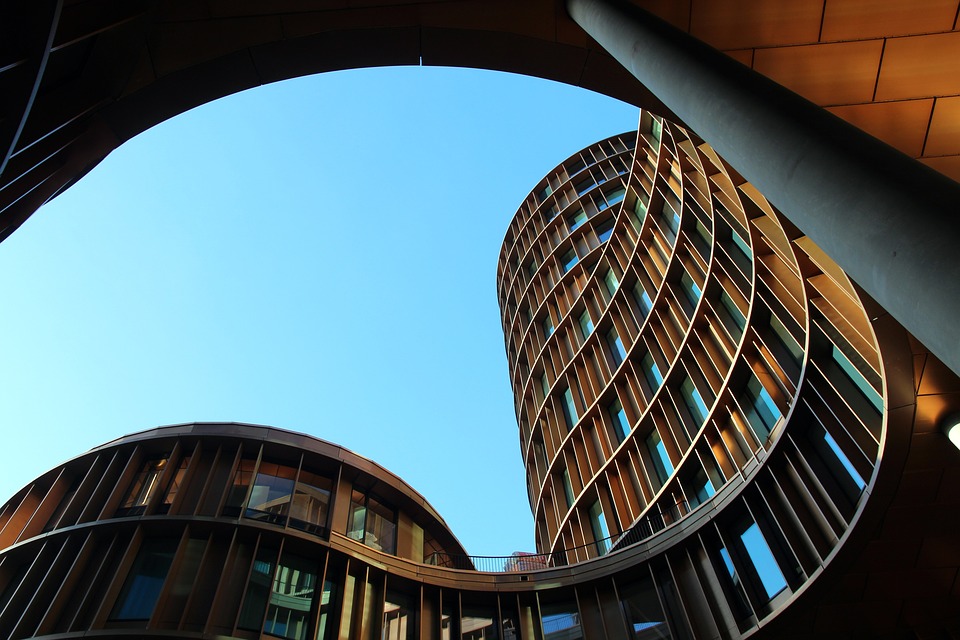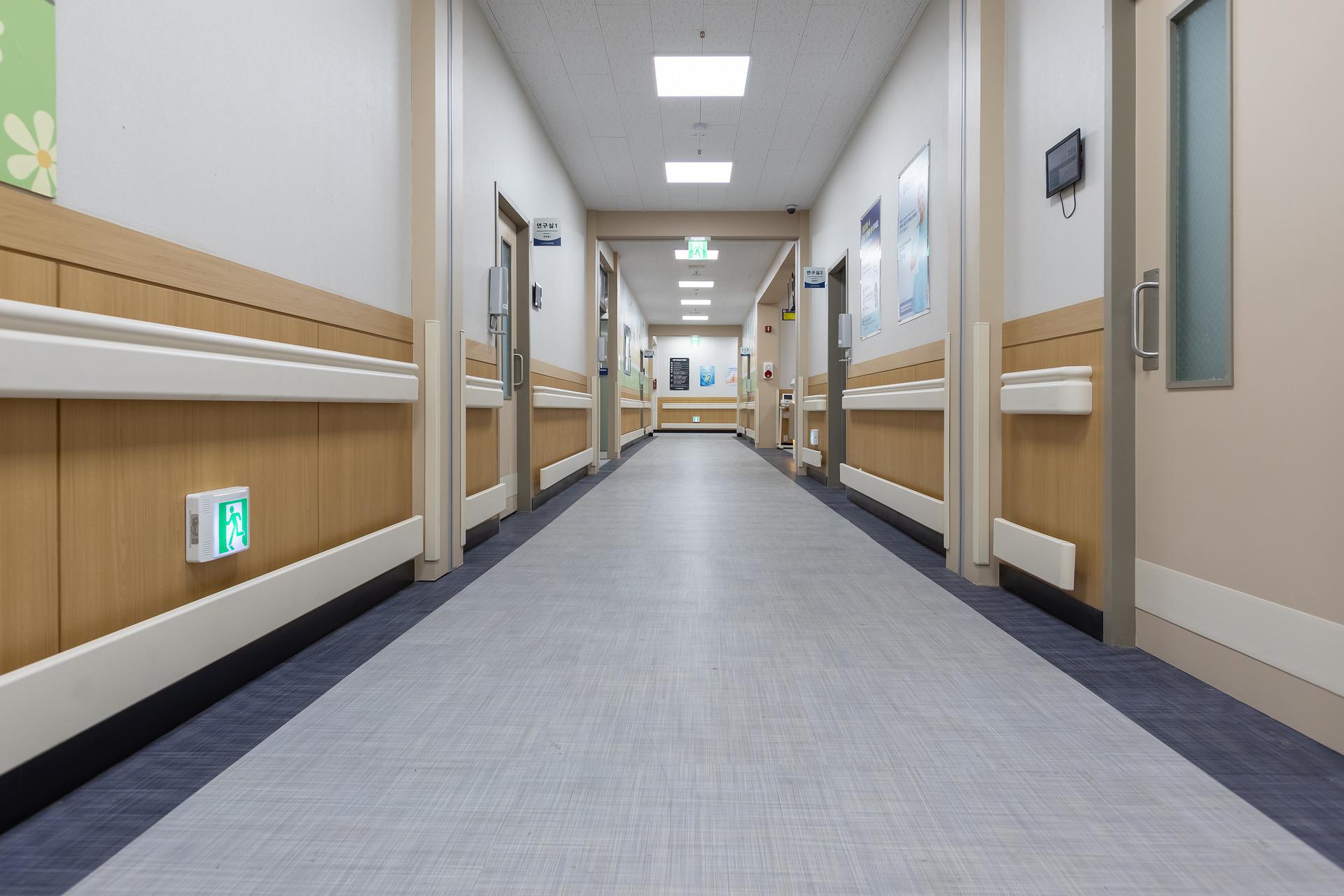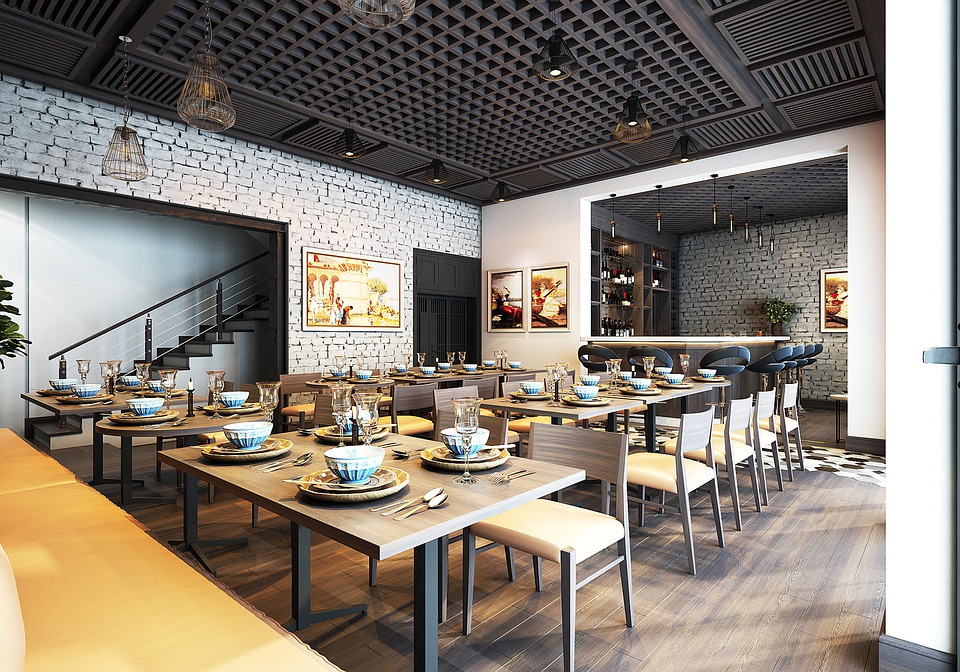Mezzanine floors are raised platforms between the ceilings and floors of buildings. They are available in many sizes and shapes and are designed to make more efficient use of vertical spaces. They offer extra room below and above and can be constructed independently of current structures. Mezzanines are made to precise specifications, built from detailed sketches and customized to a client’s needs.
Typically, a mezzanine floor is made from aluminum, fiberglass or steel, and it can be altered to fit its’ environment. It consists of purlins, beams, decking, and columns, although pallet gates, staircases, and handrails are popular accessories, and are included occasionally as well. Expertise is required to build the metal frames that support mezzanines. While some businesses hire third-party engineers, others opt to employ them internally — lowering the total cost to their clients, so they can charge competitive prices.
Frequently, mezzanines are used in retail outlets and similar areas to store materials or equipment. High shop ceilings are perfect for mezzanines, and office spaces can be installed either above or below them. Another common use for mezzanines is in industrial settings, like distribution, manufacturing or warehousing. The ceilings on these facilities are always high, so surplus space can be used within the vertical area. Most industrial mezzanines are roll-formed, structural, shelf supported or rack supported, enabling high volume storage inside the mezzanine design.
As well as additional storage space, a mezzanine floor can create a dedicated work area for machinery or tools in difficult to access spaces. Industrial pumps, conveyor systems, chemical tanks, airplanes, and sorting machines, etc are just a few examples of machinery that mezzanine designs can accommodate. Adjustable load ratings, deck layouts, and deck heights facilitate simple equipment maintenance and use for specified requirements.
A mezzanine floor can be erected in a facility fast, with little disruption to the site. Compared to stick-built construction, mezzanines can be fabricated offsite, enabling the structures to be installed onsite rapidly. Steel mezzanines that are prefabricated produce no material wastage at the client’s site, so it is simple to clean everything up. This reduces the downtime at facilities and increases their usable areas smoothly and quickly.
Other uses for mezzanines include boosting space for sorting, packing, and production, etc. Many businesses find it difficult to expand their operations, due to a lack of warehouse space. Mezzanine floors represent a far more affordable alternative to relocation.






